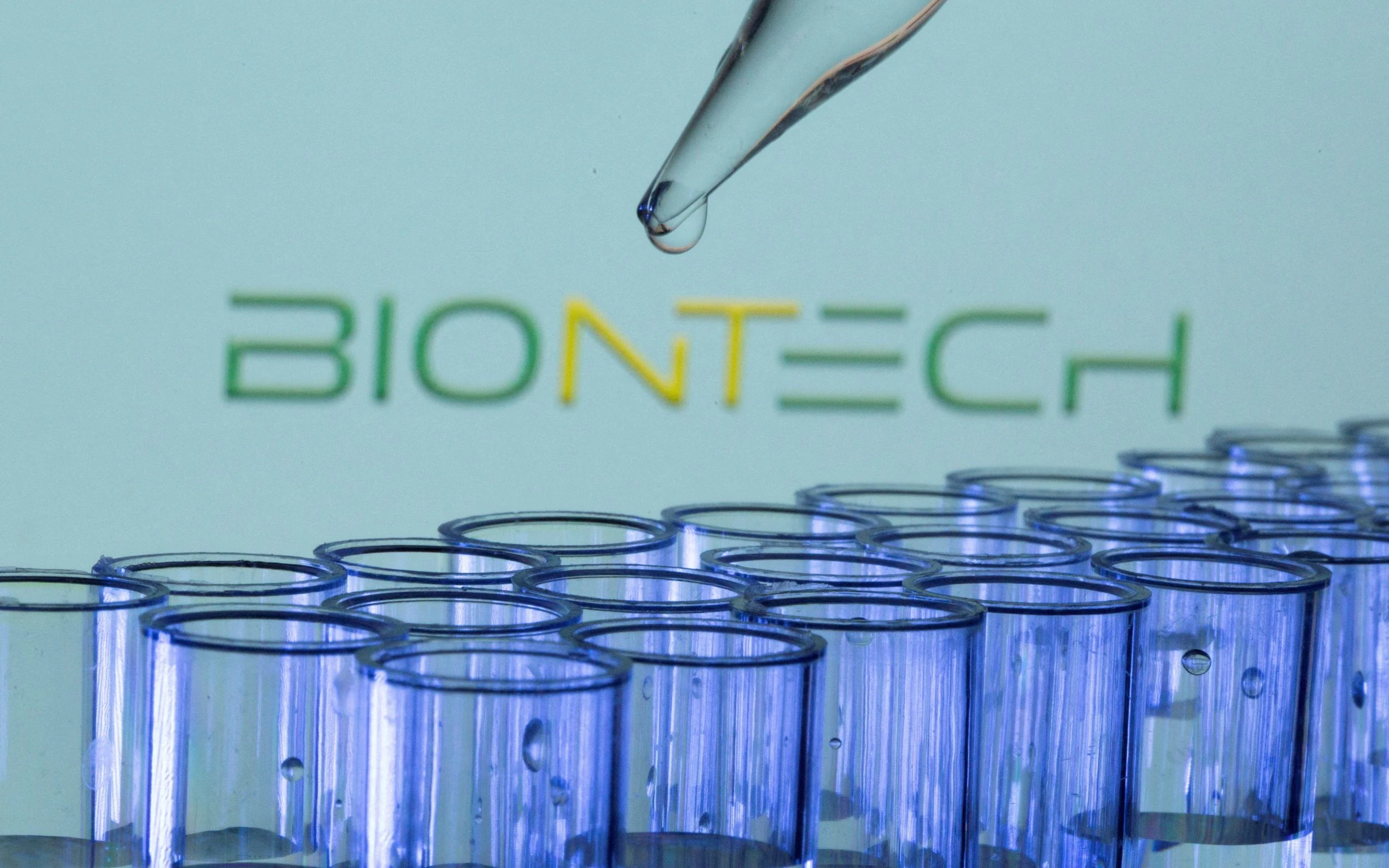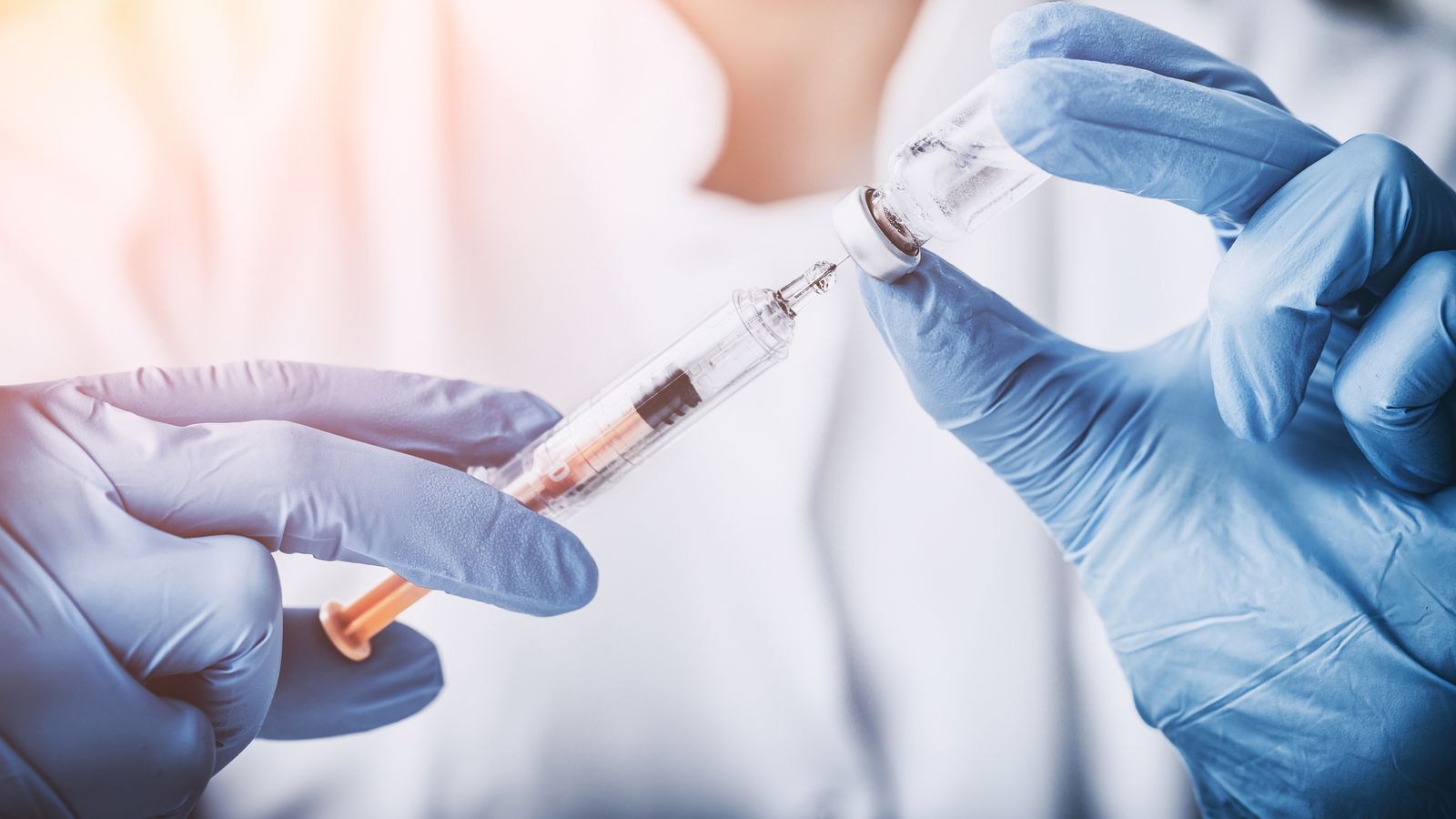On Friday, the U.K. government announced a partnership with the German firm BioNTech to test potential vaccines for cancer and other diseases. Campaigners emphasized that any breakthrough must remain affordable and accessible.
Cancer patients in England will have early access to trials involving personalized mRNA therapies, including cancer vaccines.
These therapies aim to stimulate the immune system to attack harmful cells and will be administered to both early and late-stage patients, targeting active cancer cells and preventing their recurrence.
BioNTech plans to establish new research and development centers in the U.K., including a lab in Cambridge and a headquarters in London. The company aims to deliver 10,000 therapies to patients from September 2023 until the end of the decade.
BioNTech, known for developing one of the most widely-distributed Covid-19 vaccines in collaboration with the U.S. pharmaceutical firm Pfizer, is applying lessons learned from the coronavirus pandemic.
The company’s CEO, Ugur Sahin, noted the importance of collaboration between the British National Health Service, academics, regulators, and the private sector in drug development.
“Our goal is to accelerate the development of immunotherapies and vaccines using technologies we have been researching for over 20 years,” Sahin stated.
“The collaboration will cover various cancer types and infectious diseases affecting collectively hundreds of millions of people worldwide.”

Peter Johnson, Britain’s National Clinical Director for Cancer, highlighted the transformative potential of mRNA technology for various illnesses.
The government confirmed that the announcement represents a private investment in the U.K., supported by a new Cancer Vaccine Launch Pad funded by the NHS.
Other mRNA cancer vaccines, including a collaboration between U.S. firms Moderna and Merck, are also undergoing trials.
Tim Bierley, a campaigner at the U.K.-based group Global Justice Now, criticized big pharmaceutical companies for their “terrible record of price gouging on new medicines, even where public money has played a key role in bringing them to the market.”
“The government has a moral duty to push BioNtech to set the price of this potentially life-saving vaccine so it is accessible to all,” Bierley said.
Mohga Kamal-Yanni, policy co-lead for the People’s Vaccine Alliance—a global coalition of health organizations, economists, and activists—welcomed the trial news but stressed that any outcome “belongs to the people” due to the significant public funding involved.
“The U.K. government must say how it will ensure any new medicine, vaccine, or technology will be made available and affordable to developing countries,” Kamal-Yanni stated.
A government spokesperson told that the research is at too early a stage to discuss pricing and distribution but pointed to its record in distributing free Covid-19 vaccines.
